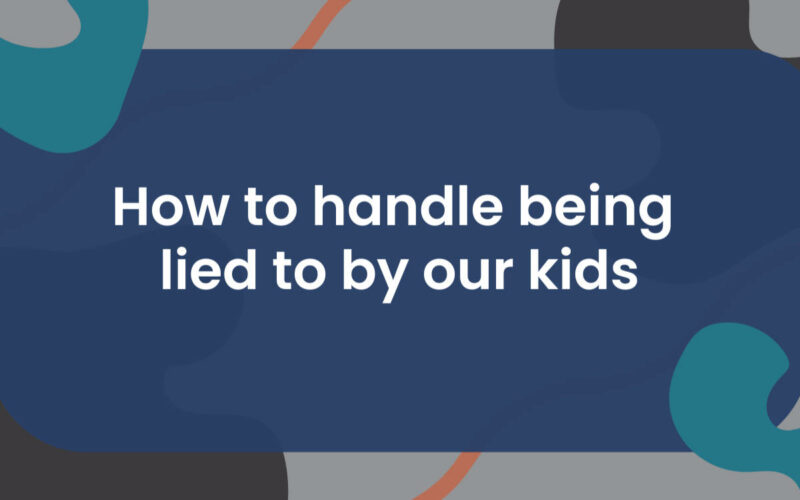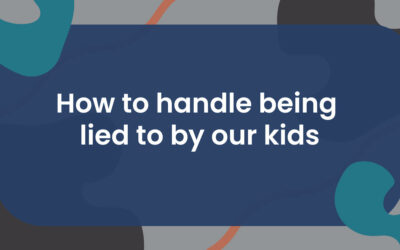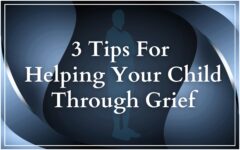As George Costanza famously said, “It’s not a lie if you believe it”. While it’s funny in the context of a beloved 90’s sitcom (don’t do the math on how old we are based on that reference), lying is obviously wrong. Sure, it’s something we’ve done on our way to becoming adults. But boy does it bother us when our kids lie to us. It’s developmentally normal for kids to lie – they’re pushing boundaries, making sense of their expanding world, sometimes simply covering up a dumb choice.
However, as we all know, it’s our job as parents to make sure lying doesn’t become a habit. Here’s some helpful advice we’ve rounded up from our Dad Community:
● Get to the root of the problem. It can be difficult, and you might not get to the core right away, but finding out why your child felt they needed to lie is a great place to start.
● Instilling the value of trust. Trust between two people starts as a perfect entity. While you can repair that trust, it’s never quite the same. It’s important for children to know the importance of trust within a family, but also with other people they have relationships throughout their life. Friends and partners for sure, but right now with teachers and school officials.
● Be proactive, not reactive. Since most of us know when our children are lying, approach them with the facts and understanding. You already know what has happened, but you’d like to hear it from them. Instead of being accusatory and causing them to hide things even more, it creates an open dialogue that will hopefully pay off later when they make a bigger mistake.
● Model honesty. Lying can stem from feeling like it’s the best option. As parents, we should be modeling what the better option (in the long run) is. That would be honesty. One dad gave this example: “I told your mother I would do X today and I didn’t do it. I’m embarrassed and I’m worried she’ll be disappointed. Still I’d better send her a note now and let her know. It will be better if I communicate it to her sooner.”
● Don’t save them. If they lie to a teacher, friend or neighbor, let them experience those consequences instead of helping them out. You can listen to them and empathize with them, but they should know that there are consequences for their actions.
We’ll leave you with one very insightful submission, “A lie can’t be taken back because of where it will travel and the distance it will go. You could spend your whole life trying to track down that lie and make it right but you can’t. So be careful what you say.”
For more articles like this, podcast episodes, and events, sign up for our weekly newsletter, ‘The Dad’!
Contributors:
@chmod-77, @SandiegoJack, @Olorin919, @SandiegoJack, @FireRescue3, @TheGratedCornholio, @phormix, @AnthonyPaul413, @iliketellingdadjokes, @unwell34, @InsanityAmerica, @sleazebagjones, @jah-brig, @Xanius, @Careless-Woodpecker5, @feckincrass, @blewdleflewdle, @wrathofthenewb









